The 26th United Nations Climate Change Conference (COP26) has finished on the 12th of November. During the ongoing negotiations, the European Commission has published a laconic, just a few sentences long news: “countries participating at the COP26, as part of the discussions on agriculture, agreed on the need for a transition towards sustainable and climate-resilient food systems”. [1] Despite a relative media silence around the statement,[1] it is worth looking at some of the key takeaways on what has been negotiated and decided that can have relevance for the agricultural sector and food systems to match with the Commission’s first statement.
Nota bene: this list is non-exhaustive, as it does not take into account new, updated climate pledges from individual countries
As FAO puts it, climate change and agriculture are inextricably linked. This means that we can no longer think about agriculture and food security without addressing climate change or vice versa. [3] This has been confirmed by the public opinion of Europeans as well, where environmental concerns have become an increasingly important priority for citizens. Within the latest Eurobarometer on agriculture, 52% of respondents believed that protecting the environment and tackling climate change should be the CAP’s main priority. [4] Accordingly, ‘Agriculture, Forestry and Land Use’ directly accounted for 18.4% of global greenhouse gas emissions five years ago,[5] therefore it shall not come as a surprise to anyone that the COP has the agricultural sector in its crosshairs. It thus aims to tackle both the issues of the impact of climate change on agriculture and reduce agriculture’s contribution to global warming.
In general, this COP had four goals, namely to:
- Secure global net-zero by mid-century and keep 1.5 degrees within reach;
- Mobilize finance;
- Work together to deliver;
- Adapt to protect communities and natural habitats
The last featuring the sub-target to “build defenses, warning systems, and resilient infrastructure and agriculture to avoid loss of homes, livelihoods and even lives”.[6]
To begin with, “food systems”, per se were not discussed as it wasn’t part of the official agenda. It was mainly featured only just as a matter of a series of side events organized by FAO. [7]
Indeed, it is worth remembering that only two months before the COP, the UN Food Systems Summit took place. Here, hundreds of world leaders (prime ministers, agricultural ministers, international organizations – such as FAO or the World Food Program -, experts, farmers, representatives from the civil society and indigenous people) have already expressed their vision and made pledges to take action for the future of the planet’s food systems. (Find Farm Europe’s note about it here)
Nevertheless, UN Food Systems Summit Special Envoy, Dr. Agnes Kalibata has previously argued that food systems must be on the table at COP26, as without them, it is “unlikely for the Conference to achieve its aims without more sustainable, inclusive and resilient food systems”.[8] Furthermore, the WFP has stated as well in connection with the COP26 that “to fix the climate crisis we must address broken food systems”.[9]
It is easy to recognize the trend of connecting food systems with climate change to find a solution on how agri-food systems can be part of the solution to the climate crises. With these in mind, it is worth examining the context of agriculture that surfaced during the conference.
To begin with, concerning the issues related to agriculture,[10] the ‘Koronivia joint work on agriculture (KJWA) was set up at COP23 in 2017, is the only program to focus on agriculture and food security under the United Nations Framework Convention on Climate Change (UNFCCC) by mainstreaming agriculture into UNFCCC processes. [11]
Since its creation, it had discussed several areas related to agriculture. Most recently, it published a report on the outcomes of its work, which was aimed to be presented at the COP26 on how to move forward, as in on “how to move the landmark agriculture decision from in-session workshops to implementation of practical actions”.[12]
Nevertheless, this will mostly yet be seen only in the future, as no decision has been adopted on agriculture and the KJWA at COP26 at the end of the day. In the brief, two pages long draft conclusions on the Koronivia joint work on agriculture, it was agreed to “continue consideration of this matter for June 2022”, and to November 2022, “to report on it and recommend a draft decision for consideration and adoption by the next COP”.[13]
Reflecting on the previously cited news from the Commission, indeed the Subsidiary Body for Scientific and Technological Advice (SBSTA) and the Subsidiary Body for Implementation (SBI) have welcomed and recognized the reports on the workshops done in the Koronivia process on the topics of namely[14]:
– Improved nutrient use and manure management towards sustainable and resilient agricultural systems
– Improved livestock management systems, including agropastoral production systems and others
– Socioeconomic and food security dimensions of climate change in the agricultural sector
During the last one, have the SBSTA and the SBI also “recognized the fundamental priority of safeguarding food security and ending hunger by designing sustainable and climate-resilient agricultural systems applying a systemic approach in line with the long-term global climate objectives, further recognizing the importance of long-term investments in agriculture focused on this objective”.
The future pathways of the Koronivia Joint Work on Agriculture are still unknown, however, it will be worth keeping an eye on it at COP27.
On the other hand, agricultural-related announcements involved some of the following documents:
- The Global Action Agenda on Transforming Agricultural Innovation Forests, Agriculture and Commodity Trade – A Roadmap for Action
- The Agricultural commodity companies corporate statement of purpose, by ten global companies with combined annual revenue of almost 500 billion USD and a major global market share in key commodities, claiming that by COP 27 they will “lay out a shared roadmap for enhanced supply chain action consistent with a 1.5 degrees Celsius pathway”
Other topics have surfaced as well, such as the Joint FAO-IRENA Report on Renewable Energy for Agri-food Systems, aiming to “explore the relationship between the world’s agri-food systems and renewable energy”.[15] The report underlines that sustainable bioenergy is an important renewable energy resource that can meet needs for electricity, heat and transport fuels within the agri-food sector and beyond.
Moreover, other important announcements were made relating to deforestation or methane emissions:
- Glasgow leaders’ declaration on forests and land use
- The global forest finance pledge
The declaration on forests and land use states that the undersigned 141 countries – including some countries with the highest deforestation rates in the world, such as Brazil, Indonesia, or Nigeria – “commit to working collectively to halt and reverse forest loss and land degradation by 2030 while delivering sustainable development and promoting an inclusive rural transformation”.
However, it is good to remember that a similar pledge was already made in 2014 under the New York Declaration on Forests to end deforestation by 2030, which we are still very far away given that for example most recently Brazil’s Amazon deforestation has surged up to 15-year high.
Point 4 of the declaration states that the undersigned will strengthen their shared efforts to “implement and, if necessary, redesign agricultural policies and programs to incentivize sustainable agriculture, promote food security, and benefit the environment”.
About the above said, 28 countries – including the European Union – further declared support for the document “A joint statement of the Forest, Agriculture, and Commodity Trade (FACT) Dialogue”, whose purpose is to “promote sustainable development and trade while protecting forests and other critical ecosystems”.[16]Their overall objectives are: trade and market development; smallholder support; traceability and transparency; and research, development, and innovation.
Nonetheless, the roadmap’s actions are “non-exhaustive, non-binding and do not apply in all circumstances to all countries”, as it represents a ‘work in progress’ with participants “expressing their desire to deepen collaboration, through this dialogue, after COP26”. [17]
Moreover, while Commissioner Frans Timmermans underlined in his final COP26 plenary speech that the work “doesn’t stop here, it only starts”,[18] the Commission has already published its LULUCF revision before the event and its future pledges. In it, the Commission already set the aim to have a climate-neutral land sector by 2035 & for the primary production of food and biomass. During its legislative proposals and packages, for example for the ‘Fit for 55’ package, the Commission has often underlined the significance of the Glasgow conference, and that “we can still make a success of Glasgow”.[19] In fact, to make it a success, the many Member States and the European Union has indeed signed up to various new commitments.
Even if sporadically, based on these developments and commitments, we can see that the role of agriculture has come in the limelight of climate change-related negotiations, which will only be reinforced in the future.
Nevertheless, there was no breakthrough on agriculture yet in the end, which is well illustrated in the so-called ‘Glasgow breakthroughs’.[20] The Glasgow breakthroughs’ – “global goals that aim to make clean technologies and sustainable solutions the most affordable, accessible and attractive option in each emitting sector globally before 2030” – covered power, road transport, steel, and hydrogen by the end of the conference, but not agriculture, as it was initially set out by Prime Minister Boris Johnson. [21]
Regardless, the fact that there was no overarching consent on agriculture shall come as no surprise. The WTO negotiations on agriculture began in 2000 and have been at a stalemate ever since showing the complexity of the issue.
Overall, it can be concluded that agriculture has turned into an ever-present issue at climate negotiations as well. It will inevitably have a consequence on European agriculture. To influence this process, the EU must concentrate on this international aspect, if it aims to reach its objective of being a standard of food sustainability while making Europe’s food healthier and more sustainable. The next COP is foreseen to take place in Sharm El-Sheikh, Egypt between the 7th of November and the 18th of 2022. It will be for sure worth following the discussion on agriculture.
[1] https://ec.europa.eu/info/news/cop26-participants-recognise-need-sustainable-food-systems-ensure-global-food-security-and-achieve-climate-objectives-2021-nov-09_en
[2] https://ukcop26.org/nations-and-businesses-commit-to-create-sustainable-agriculture-and-land-use/
[3] https://www.fao.org/koronivia/en/
[4] https://ec.europa.eu/info/food-farming-fisheries/key-policies/common-agricultural-policy/cap-glance/eurobarometer_en
[5] https://ourworldindata.org/emissions-by-sector#agriculture-forestry-and-land-use-18-4
[6] https://ukcop26.org/cop26-goals/
[7] https://enb.iisd.org/UN-food-agriculture-organization-fao-cop26
[8] https://www.un.org/en/food-systems-summit/news/food-systems-must-be-table-cop26
[9] https://www.wfp.org/stories/cop26-fix-climate-crisis-we-must-address-broken-food-systems
[10] https://unfccc.int/topics/land-use/workstreams/agriculture
[11] https://www.fao.org/koronivia/en/
[12] https://www.fao.org/koronivia/events/detail/en/c/1446446/
[13] https://unfccc.int/sites/default/files/resource/sb2021_L01_adv.pdf?download
[14] https://unfccc.int/sites/default/files/resource/sb2021_L01_E.pdf
[15] https://irena.org/publications/2021/Nov/Renewable-Energy-for-Agri-food-Systems
[16] Forest, Agriculture and Commodity Trade Dialogue: A Roadmap for action
[17] Forest, Agriculture and Commodity Trade Dialogue: A Roadmap for action
[18] https://ec.europa.eu/commission/commissioners/2019-2024/timmermans/announcements/frans-timmermans-speech-final-cop26-plenary_en
[19] https://ec.europa.eu/commission/commissioners/2019-2024/timmermans/announcements/european-parliament-plenary-debate-fit-55-after-presentation-ipcc-report_en
[20] https://ukcop26.org/cop26-world-leaders-summit-statement-on-the-breakthrough-agenda/
[21] https://ukcop26.org/world-leaders-kick-start-accelerated-climate-action-at-cop26/
O artigo foi publicado originalmente em Farm Europe.



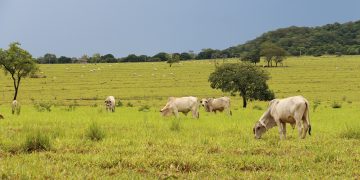

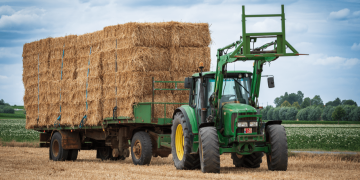
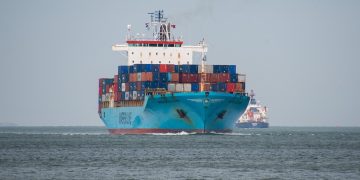






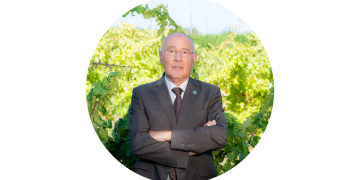







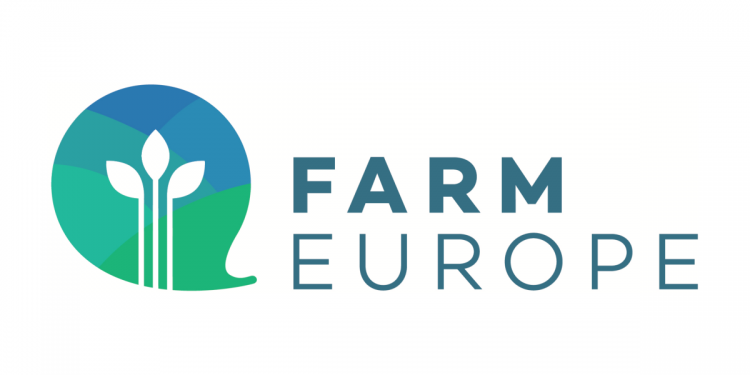
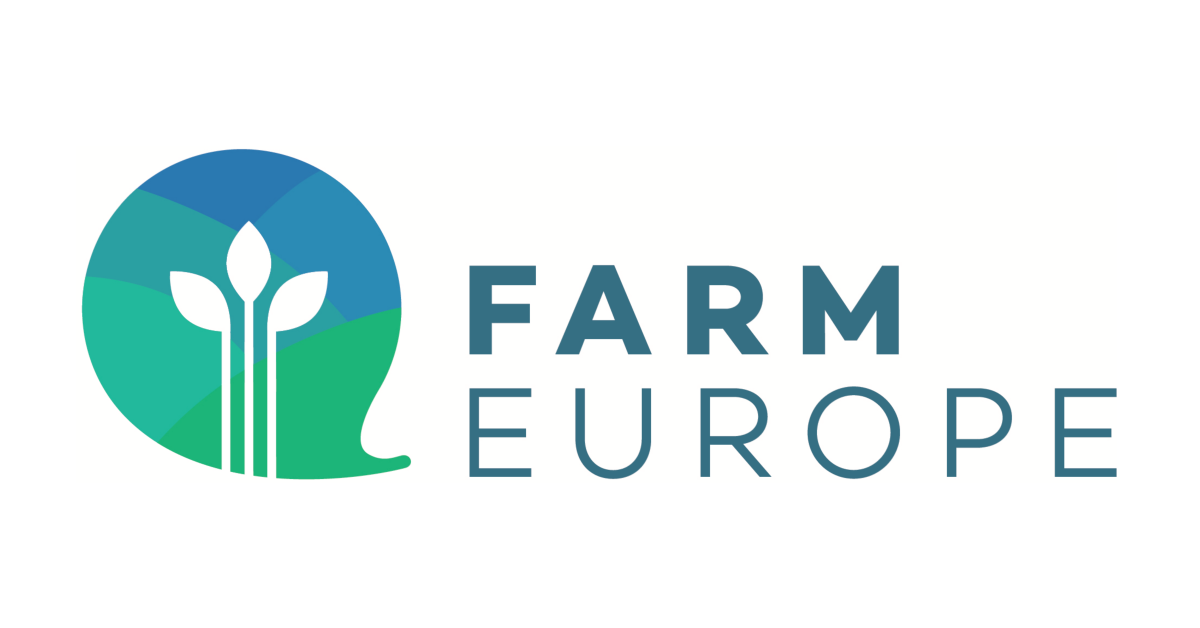


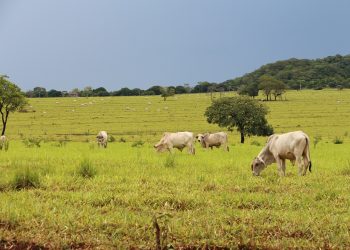





























Discussão sobre este post